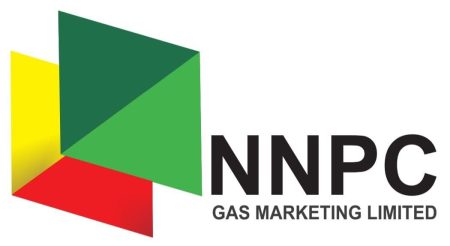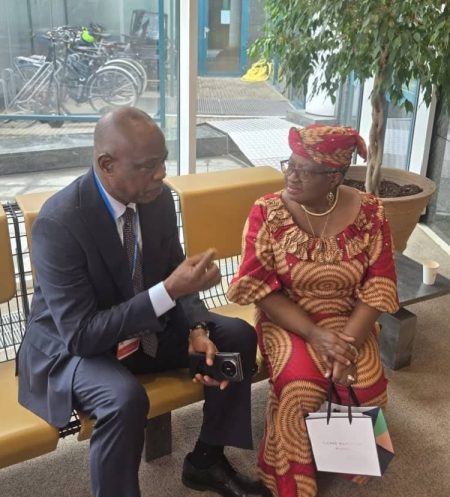
Sam Ikeotuonye
Abuja – The Nigerian National Petroleum Company Limited, NNPCL, says the amount of money now spent on fuel subsidy has risen to over N400 billion monthly.
Its Group Chief Executive Officer, GCEO, Mele Kyari, stated this at the weekend at the company’s head-office in Abuja during the Final Cutover from NNPC as a corporation to NNPC Limited.
According to him, NNPC Limited was pushing an estimated 65 million litres of the Premium Motor Spirit, PMS, also known as petrol, into the market daily and was spending about N202 on subsidy of every litre consumed in the country.
Kyari said: “Today, by law and the provisions of the Appropriation Act, there is subsidy on the supply of petroleum products, particularly PMS into our country. In current data terms, three days ago the landing cost was around N315/litre.
“Our customers are here, we are transferring to each of them at N113 per litre.
“That means there is a difference of close to N202 for every litre of PMS we import into this country. In computation, N202 multiplied by 66.5 million litres, multiplied by 30 will give you over N400 billion of subsidy every month.”
He stated that the huge amount being spent on subsidy was putting serious strain on the operations of NNPCL, but, maintained that the company would continue to supply products to Nigerians.
“There is a budget provision for it (subsidy). Our country has decided to do this. So, we are happy to deliver this, but it is also a drain on our cash flow, and I must emphasise this.
“For as we continue to support this, you will agree with me that it will be extremely challenging for us to continue to fund this from the cash flow of the company when you do not get refunds from the Ministry of Finance,” the GCEO added.
NNPCL is solely importing the petrol consumed in the country as private companies involved in the business have, over the years, pulled out of the venture, citing inability to access foreign exchange necessary for bring in the product from outside the country.
Nigeria plans to exit fuel subsidy in June, but a new government expected to assume office on May 29, following the upcoming election, would likely be the one to decide the fate of the plan.
Follow us on twitter



